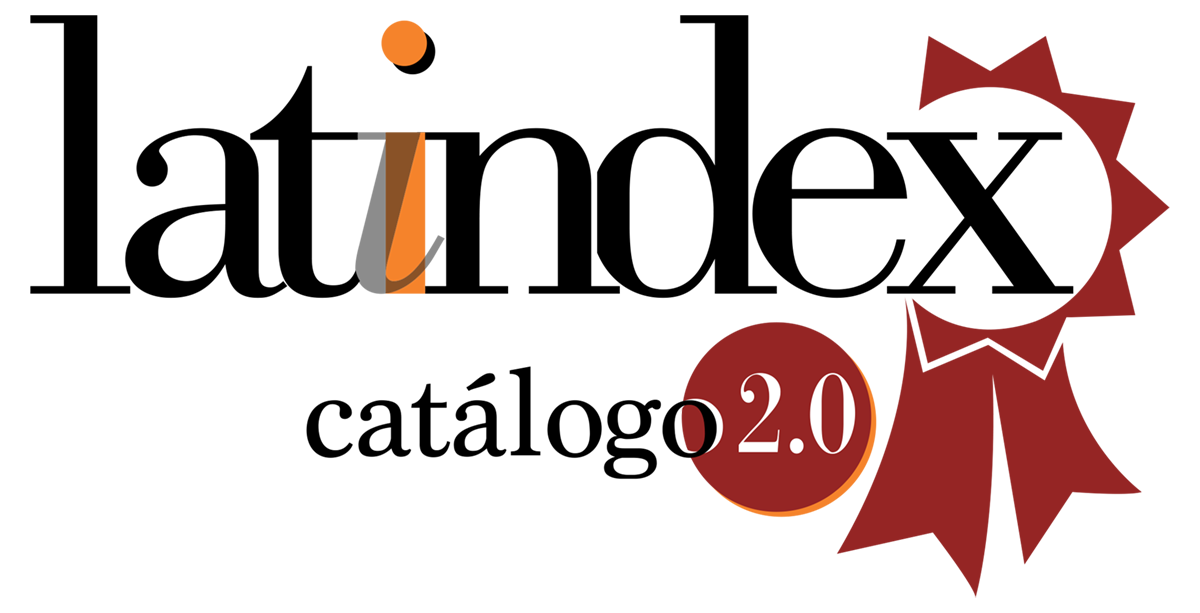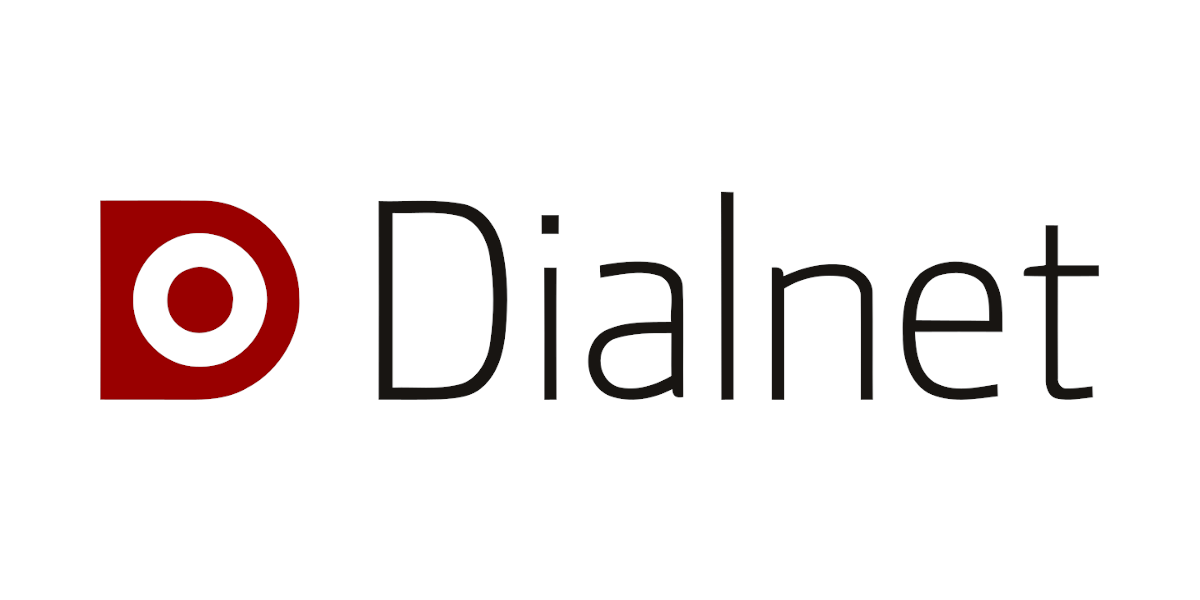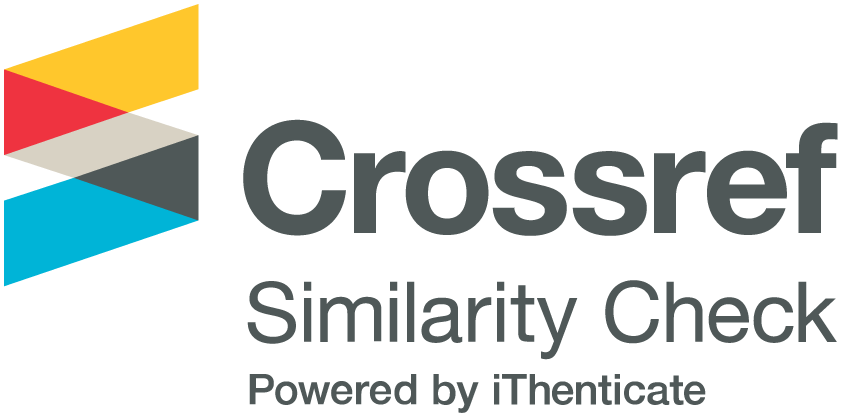Evaluation Process
The works received by the CENTRA Journal of Social Sciences will be evaluated through a double-blind evaluation, guaranteeing the anonymity of the authorship data and the data of the evaluators. The system of double anonymous peer review and the universality of the evaluation criteria guarantee the maximum scientific rigor of the published works, open to the widest scientific community at national and international level.
The evaluation process (free of charge for authors) will begin with the receipt of the original text, which will be acknowledged. The Technical Team of the journal will carry out an initial technical review of the text, in order to guarantee compliance with the editorial and writing standards and the complete anonymity of the text. It will also proceed to submit the received text to the iThenticate plagiarism detection software. In parallel to this technical process, a preliminary substantive evaluation will be carried out by the editor. If the person carrying out this editorial task considers, with reasoned arguments, that the minimum scientific and academic quality necessary to be sent to external evaluators is not met, the evaluation will be considered negative without further ado and the authors will be informed of this.
If it is the technical review of the Technical Team that points out some inexcusable deficiency, the text will be returned to its authors so that they can make the required reformulation and, in this case, it may be resubmitted. If the technical review detects a percentage of coincidences with other texts (also taking into account the author's own texts in order to avoid republications) that the editorial staff consider unacceptable and the editor concludes that it is a practice of plagiarism, fraud, repeated publication or conflict of authorship, the submitted manuscript will be rejected and may not be resubmitted to the journal. No manuscript that does not pass this initial double technical phase and preliminary substantive phase will proceed to the next phase of anonymous external evaluation.
In the second phase, the text will be sent to two experts in the field of social sciences outside CENTRA and its Editorial Board, so that they can carry out the evaluation according to a qualitative and quantitative template of criteria related to the scientific quality of the text and, more specifically, with regard to the structure of the content, the interest and centrality of the same, the relevance of its argumentative contributions and empirical evidence, the level of the approach and theoretical discussion, the robustness and refinement of the methodology developed, the relevance of the bibliography and empirical material provided, as well as a joint decision on whether or not to publish the manuscript. The evaluation reports must be adequately argued in accordance with the indications of the different evaluation templates and be respectful in their judgments and statements about the text and the anonymous authorship.
In the event of a significant discrepancy between the two evaluations, that is, when the text is not considered publishable—regardless of the degree of modifications to be made—based on the two initial evaluations, a third evaluation will be carried out. This may be assigned to a member of the Editorial Board or to an external expert other than the two previous evaluators, and which will resolve the evaluation process positively or negatively.
Based on the evaluations received and the arguments put forward, a final decision on the text will be taken, which will take the form of one of the following options:
1. Publishable in its current version or with few modifications.
2. Publishable but with important modifications.
3. Not publishable in its current version but with future possibilities of publication if the text is deeply reformulated in accordance with the evaluations.
4. Not publishable without the possibility of reformulating the text.
In case 1, the editor will have the scientific responsibility for the edition and will be the one who ensures that the pertinent considerations of the evaluation are materialized by the authors in the final version that is published. In case 2, one of the previous external evaluators or a member of the Editorial Board may evaluate and check that the new text submitted complies with the indications received in the previous evaluation phase. In case 3, the manuscript will be rejected, but a new version of it may be submitted again, and its evaluation must be started from the beginning, as a new article; it must be taken into account that this process can only be repeated once and that a single new negative evaluation judgment (including the previous review by the editor) will mean the definitive rejection of the text. In case 4, the manuscript will be rejected, with no possibility of resubmitting a new version of it.
For case 1, a maximum of one month will be available to attend to the requested changes, while in case 2 the deadline will be two months. In case 3, this period will be extended to a maximum of six months. In all cases, along with the new version, a memorandum (cover letter) detailing the changes made must be provided. The flow of review of the original will be developed through the OJS platform of the journal.
Texts accepted for publication but with important modifications (case 2) may have up to two evaluation processes of their revised version. A negative evaluation judgment in the second review will mean the definitive non-publication of the text.
The evaluation of the reviews will be carried out exclusively by the Editorial Board, which may also commission them to be carried out. In this case, a single evaluation will be sufficient, and a single second revised version will be allowed if the initial version does not obtain a positive evaluation without objections.
In any of the possible scenarios, the evaluation reports, together with a motivated final text by the scientific editor, will be communicated to the authors.
The initial submission of a manuscript implies the reading and acceptance by the authors of these editorial criteria, as well as the writing standards, anonymization of texts and submission procedures of this same Submissions section. On the other hand, the submission of the text also implies the reading and acceptance of everything referred to in the journals's Ethics Declaration, Policy on Malpractice and Plagiarism Detection, and Policy on the Use of Artificial Intelligence sections.









